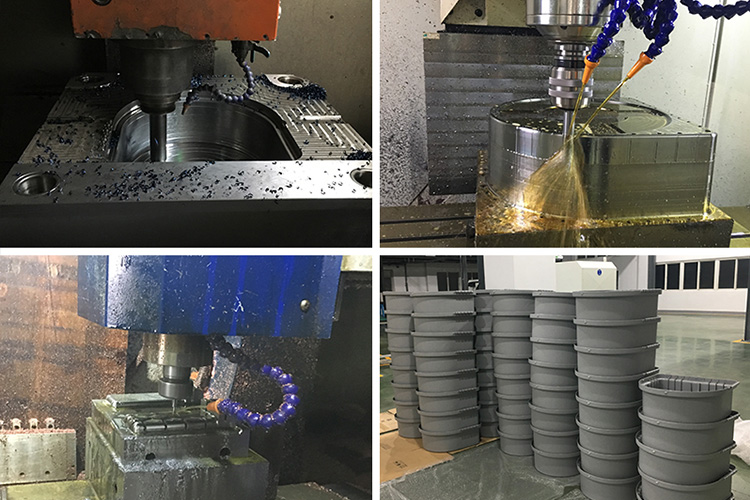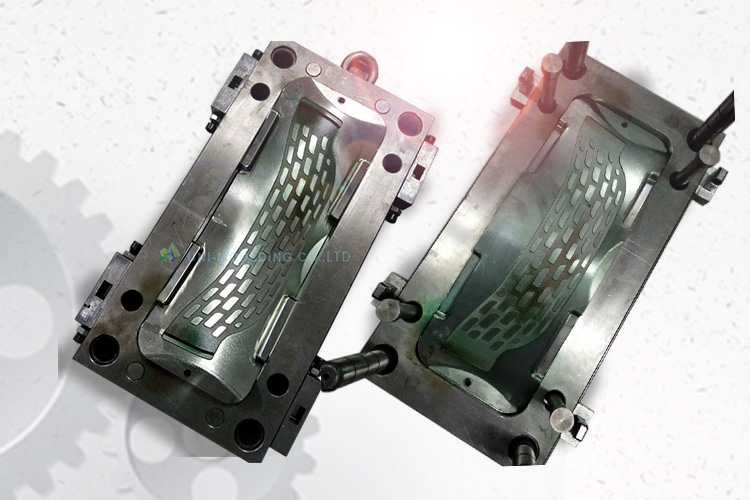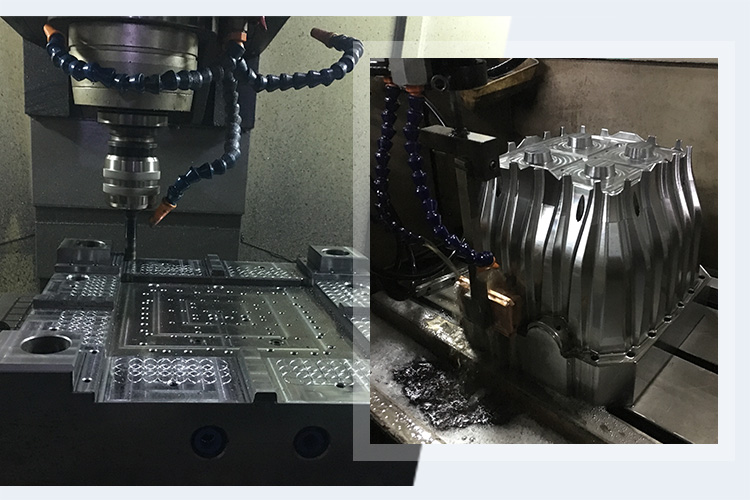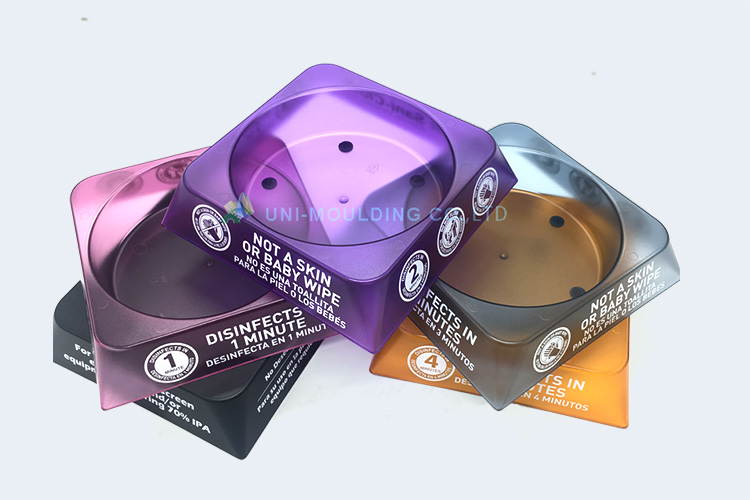OEM/ODM Supplier Electronics Plastic Injection Mold - 3D Print – Uni-Moulding
OEM/ODM Supplier Electronics Plastic Injection Mold - 3D Print – Uni-Moulding Detail:

3D Print
Material limitations
Although high-end industrial printing can print plastics, some metals or ceramics, the materials that cannot print are relatively expensive and scarce. In addition, the printer has not reached a mature level and can not support all kinds of materials in daily life.
Researchers have made some progress in multi-material printing, but unless these advances are mature and effective, materials will still be a major obstacle to 3D printing.
Machine limitations
3D printing technology has achieved a certain level in reconstructing the geometry and function of objects. Almost any static shape can be printed, but those moving objects and their clarity are difficult to achieve. This difficulty may be solvable for manufacturers, but if 3D printing technology wants to enter ordinary families and everyone can print what they want at will, the limitations of the machine must be solved.
Intellectual property concerns
In the past few decades, more and more attention has been paid to intellectual property rights in the music, film and television industries. 3D printing technology will also be involved in this problem, because many things in reality will be more widely spread. People can copy anything at will, and there is no limit to the number. How to formulate 3D printing laws and regulations to protect intellectual property rights is also one of the problems we face, otherwise there will be flooding.
Moral challenge
Morality is the bottom line. What kind of things will violate the moral law is difficult to define. If someone prints out biological organs and living tissues, they will encounter great moral challenges in the near future.
Commitment of expenses
The cost of 3D printing technology is high. The first 3D printer sold for 15000. If you want to popularize to the public, price reduction is necessary, but it will conflict with the cost.
At the beginning of the birth of each new technology, we will face these similar obstacles, but we believe that finding a reasonable solution, the development of 3D printing technology will be more rapid, just like any rendering software, which can be continuously updated to achieve the final improvement
Product detail pictures:
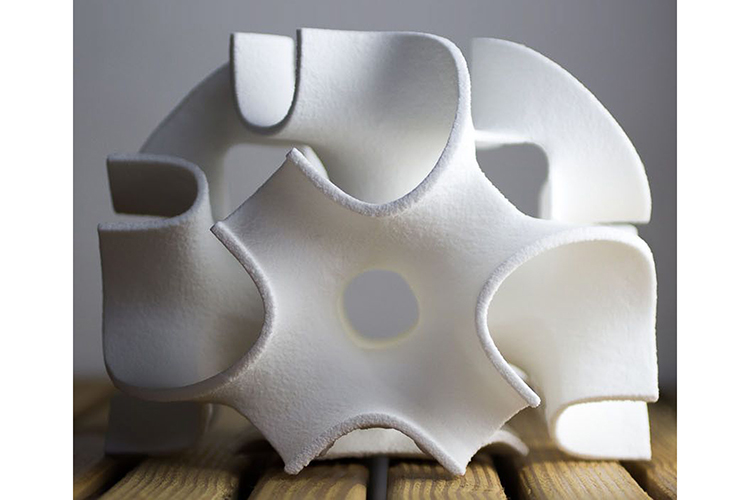
Related Product Guide:
Our goal is to satisfy our customers by offering golden service, good price and high quality for OEM/ODM Supplier Electronics Plastic Injection Mold - 3D Print – Uni-Moulding , The product will supply to all over the world, such as: kazan , Birmingham , Peru , Upon today, we have customers from all over the world, including USA, Russia, Spain, Italy, Singapore, Malaysia, Thailand, Poland, Iran and Iraq. The mission of our company is to provide the highest quality products with best price. We are looking forward to doing business with you.
The goods we received and the sample sales staff display to us have the same quality, it is really a creditable manufacturer.






